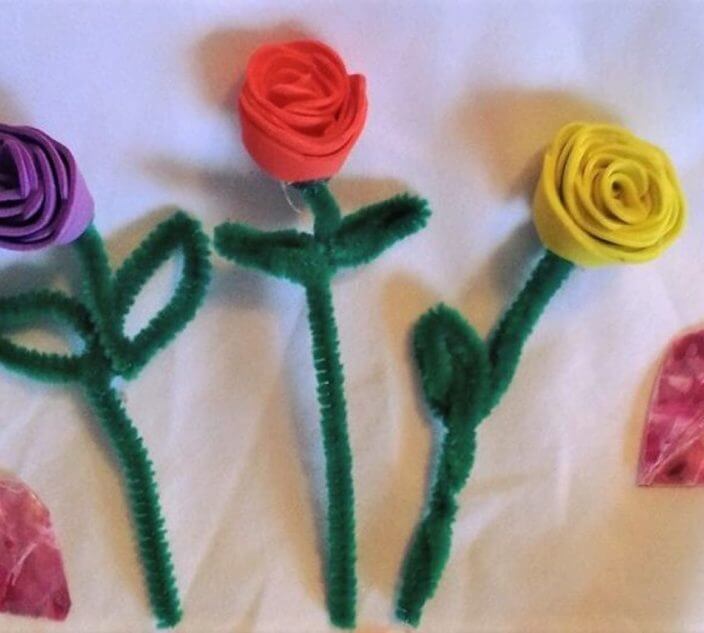Recent food allergy tragedy
The teens commented that the only way to reach a teen is to scare them. Sharing the details of the death of the Chatfield High School student, Simon Katz, provided a frightening scenario to discuss. Though the teens didn’t know him personally, one teen did have a friend in common.
Simon is reported to have had a severe reaction at a school homecoming bonfire, after eating a s’more that turned out to contain peanut butter. His father, David Katz, has told news outlets that friends drove Simon back home to get his epinephine, as he wasn’t carrying it. Simon’s father gave the injection, then drove immediately to the hospital, but his son did not survive.
When I asked how the tragedy affected them, I got some direct and heartfelt responses. Makenzie said, “It kind of surprised me that someone wouldn’t be more careful … I mean I feel bad for him, but he could have prevented this. He should have trained his friends with an Epi even though it’s kind of ‘embarrassing’ as some boys would say. But do you want to live or not? A teacher or his parents should have been his go-to person to talk to about how he felt. He could have texted his parents. Also, he could have kept his Epi in his pocket; guys typically have deep pockets.”
Carina responded with: “I was really surprised because most high schoolers are used to living with their allergies by our age, so it was shocking to hear about this tragedy. Obviously deadly reactions could happen, but you never think they are going to happen to you or someone you know. As for me, I never have really felt at risk of having a deadly reaction because I don’t really remember the reactions that I have had.”
Arianah added, “The accident affected me in multiple ways … I am always nervous when and how an allergic reaction may occur. It was a terrible incident that could have been avoided, but sadly, it became a tragedy. I am always concerned and worried about my allergies, and will be forever. It is something to adapt to and learn from others.”
True to what the teens had said, the scary story about Simon Katz’s death reached these teens in ways no other topic did. Most teenagers never think that something bad is going to happen to them, whether it’s anaphylaxis or some other tragedy. And most of us parents worry it could happen, and we try to do everything in our power to ensure it doesn’t.
Teens on reaching teenagers
Because these students spend so much time at school, that was the focus of our conversation. The teens really want more food allergy awareness on the part of peers, but especially on the part of administrators and teachers. They said it would make it easier for them to be believed when they tell someone they have a food allergy.
Training teens who don’t have a food allergy how to recognize an allergic reaction, administer epinephrine and to call 911 is going to be heard better in a classroom environment, they said. This group would prefer it was part of required school curriculum in a health class, for example.
As Collin said, “Show pictures of people having a major allergic reaction to scare people,” to which Alec agreed, “Yeah, no one takes it seriously until it actually happens. It needs to be like a campaign like the one saying, ‘Don’t text and drive or be paralyzed for the rest of your life.’”
Other Resources for Teens and Parents
- Beyond the Eye Roll and Tune Out: How to Talk to Teens About Food Allergies
- 21 Resources for Teens With Food Allergies
- Food Allergic and Celiac Teens: Advocacy Meets Trending Online
I asked if a campaign around “Always Carry Your Epinephrine” was created similar to the “Don’t Text and Drive” campaign, what would it take for a teenager to listen to it? Collin said, “Parents are more likely to listen to something like that than a kid would. Teenagers are stubborn, so you need to have someone in a position of authority.” And the teens agreed it’s better to educate the kids with food allergies when they’re younger than when they’ve hit the teenage years.
The idea of a celebrity to encourage carrying epinephrine was discussed, with the consensus being that short of Taylor Swift, they really wouldn’t listen to anyone. And some weren’t sure they’d listen to her, either!
While most of the teens are on social media, most agreed that they wouldn’t take the time to watch a video called “Always Carry Your Epinephrine” because they felt they were already educated about doing this. However, if their parents asked them to watch a video that they had seen on the Internet, they would do so – but the video needed to be only about one minute in length to hold their attention.
The teens do listen to their doctors, but most don’t see an allergist more than once a year. However, they did recognize the specialized knowledge doctors have about food allergies.
_____________________
Allergic Living’s editors and I are very thankful to the five teens in this focus group for being willing to participate, and for honestly sharing their feelings and experiences. They left with more knowledge about food allergies and reactions, and agreed that focus groups are another way to educate teens, too.
We parents need to do a better job educating our teenagers about label-reading and not eating a food that doesn’t have a label. Carrying epinephrine ALWAYS, not just when planning to eat, is a message that doctors can discuss and parents need to enforce with teens. And finally, educating schools and peers about food allergy reactions and the proper response through school curriculum will save lives.
See more of Nicole Smith’s work at Allergicchild.com.
For more insights, don’t miss our cover article: “Food Allergies Meet the Teenage Brain” in the Fall issue of Allergic Living.





